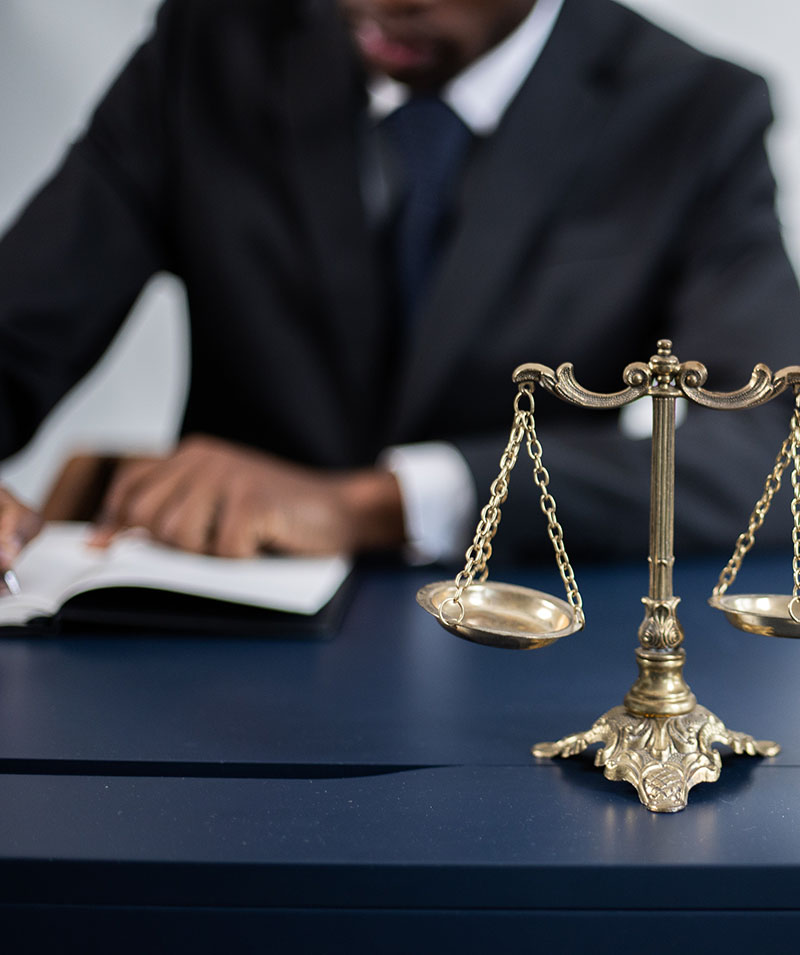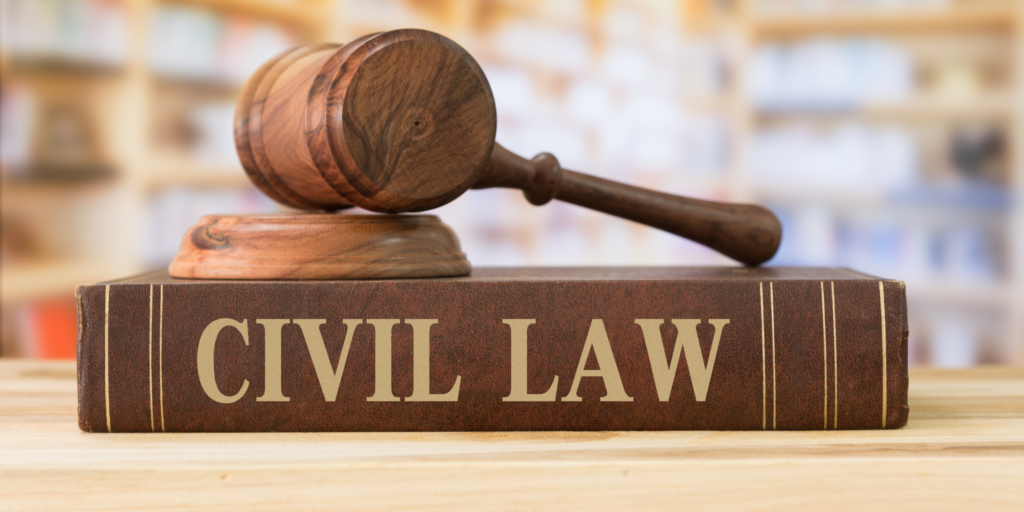A South Florida Civil Litigation Attorney You Can Trust
Choosing a South Florida law firm specializing in civil litigation is the most effective way to achieve a favorable outcome. Jupiter Legal Advocates has helped clients navigate through complex legal issues, including:
- Business disputes involving corporations or partnerships
- Breach of contract actions
- Collections
- Corporate dissolution
- Accounting
- Broker’s listings
- Boundary and easement disputes
- Replevin
- Lien and mortgage enforcement (foreclosure actions)
- Real property disputes over purchase and sales agreements
- Shareholder agreements

We solve your civil law issues
Civil litigation refers to any legal dispute between two or more parties seeking money or damages specific to performance rather than criminal punishment. Sometimes civil cases involve the restoration of rights.
Lawyers who specialize in civil law are called litigators or trial lawyers. They represent individuals in:
- Hearings or trials in state and federal courts
- Arbitration and mediation
Most civil litigation cases involve disputes of private law matters between individuals, businesses, or nonprofit organizations. They sometimes include public law issues as well.
Our experienced litigators help you solve even the toughest civil law issues. Reach out today to schedule your free consultation.

Civil Litigation Frequently Asked Questions (FAQ)
To provide you with a better understanding of civil law in Florida, here are answers to some of the most asked questions. If you need additional assistance, please do not hesitate to contact us.
What is the process of civil litigation in Florida?
Civil litigation in Florida involves several steps. Before you proceed through the stages, we recommend consulting an attorney with experience and expertise in civil law.
After you’ve had your case reviewed by a civil litigator, filing a complaint is the next step to initiate the legal process in your case. Your complaint must outline your claims and the relief sought. Your attorney can help prepare the required documentation.
Other steps include:
- Serving the defendant with your complaint, which triggers a deadline their response.
- Discovery phase requires both parties to exchange information, evidence, and relevant case documents.
- Pretrial motions (motions to dismiss, motions for summary judgment) may be filed by either party to resolve issues before a trial.
- Settlement negotiations can occur before a trial that proposes alternative dispute resolution methods like arbitration or mediation.
- Trial is scheduled if the case is not resolved through settlement or by the court through pre-trial motions. During a trial, both sides present their case before a judge or jury. You may be surprised to learn that despite what you see on TV shows, less than 1% of all civil cases reach trial.
- Judgment and appeal follow the entering of a judgment, with either party having the option to appeal the decision.
How long does civil litigation typically take in Florida?
The duration of civil litigation in Florida depends on the complexity of the case, court availability, and the willingness of both parties to reach a settlement before a trial begins. Some cases are resolved in a matter of months. Others may take years to reach a final resolution and a case can take even longer if either party appeals a judgment in the case.
Do I need an attorney for civil litigation matters in Florida?
Individuals, not corporations, have the right to represent themselves in a civil matter. However, we don’t recommend it. Relying on the expertise and experience of a civil litigator will give you a chance at thebest possible outcome in your case.
An attorney provides legal advice, helps navigate the complex Florida legal system, gathers evidence, negotiates on your behalf, and presents a strong case in court if necessary.
How do I choose the right civil litigation attorney in South Florida?
Hiring the right law firm for your civil litigation needs is crucial for protecting your rights and achieving a favorable outcome. Look for a firm with a track record of successfully handling cases like yours. Consider reviews and recommendations from former clients to verify their skills and reputation.
Other considerations:
- Resources and support. Civil litigation requires extensive resources, including researchers, expert witnesses, and access to other information to prove your claims. Ensure the civil law attorney you choose has a robust pool of resources.
- Compatibility and communication. Establishing a good working relationship with your attorney is essential to the success of your case. Choose someone with whom you feel comfortable discussing sensitive details and sharing information.
- Cost and fee structure. Discuss the fee structure during your initial consultation. Ensure you understand billing methods (flat fee, hourly rates, contingency fees) before signing on so there are no misunderstandings later.
